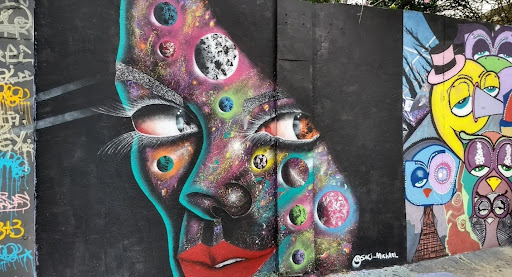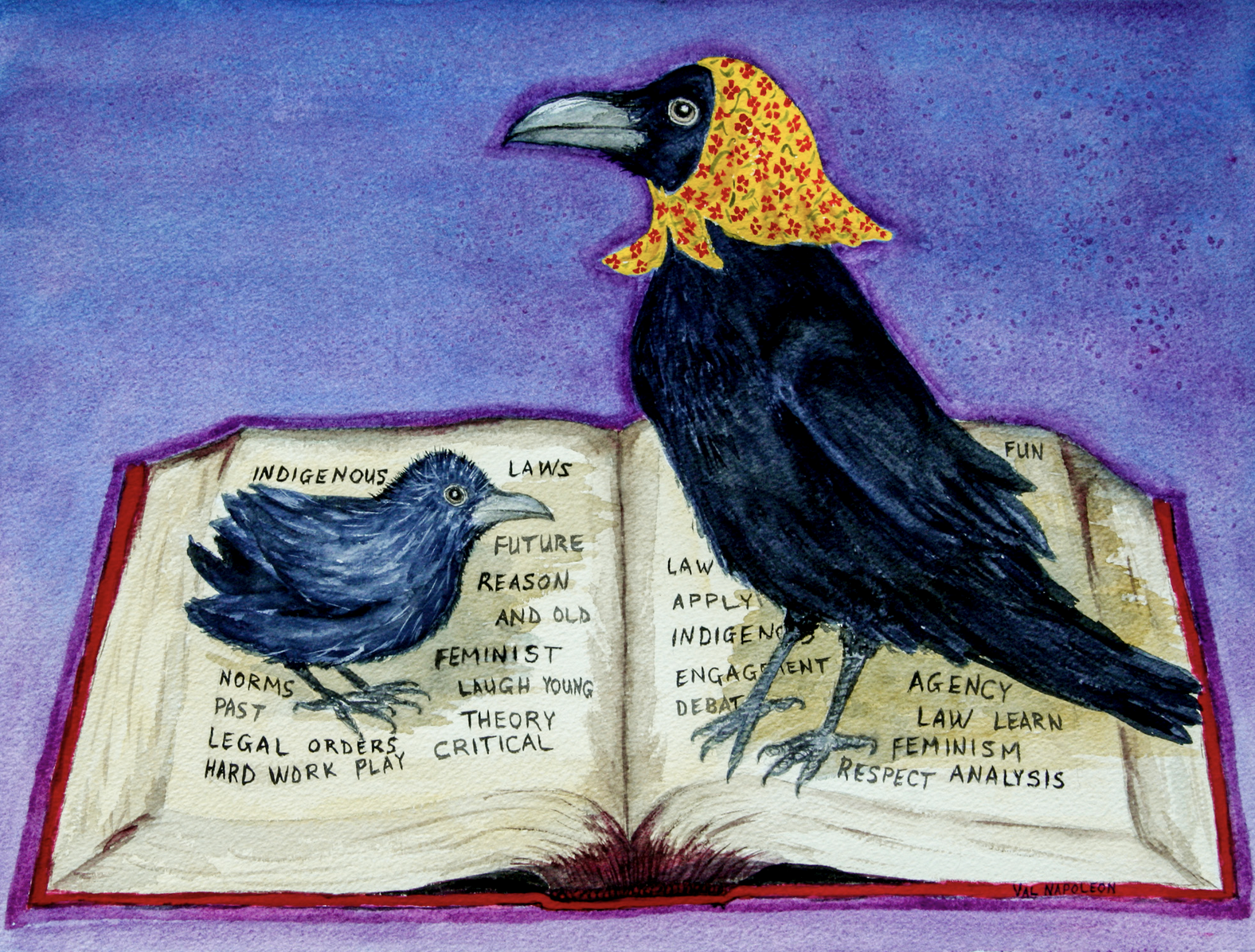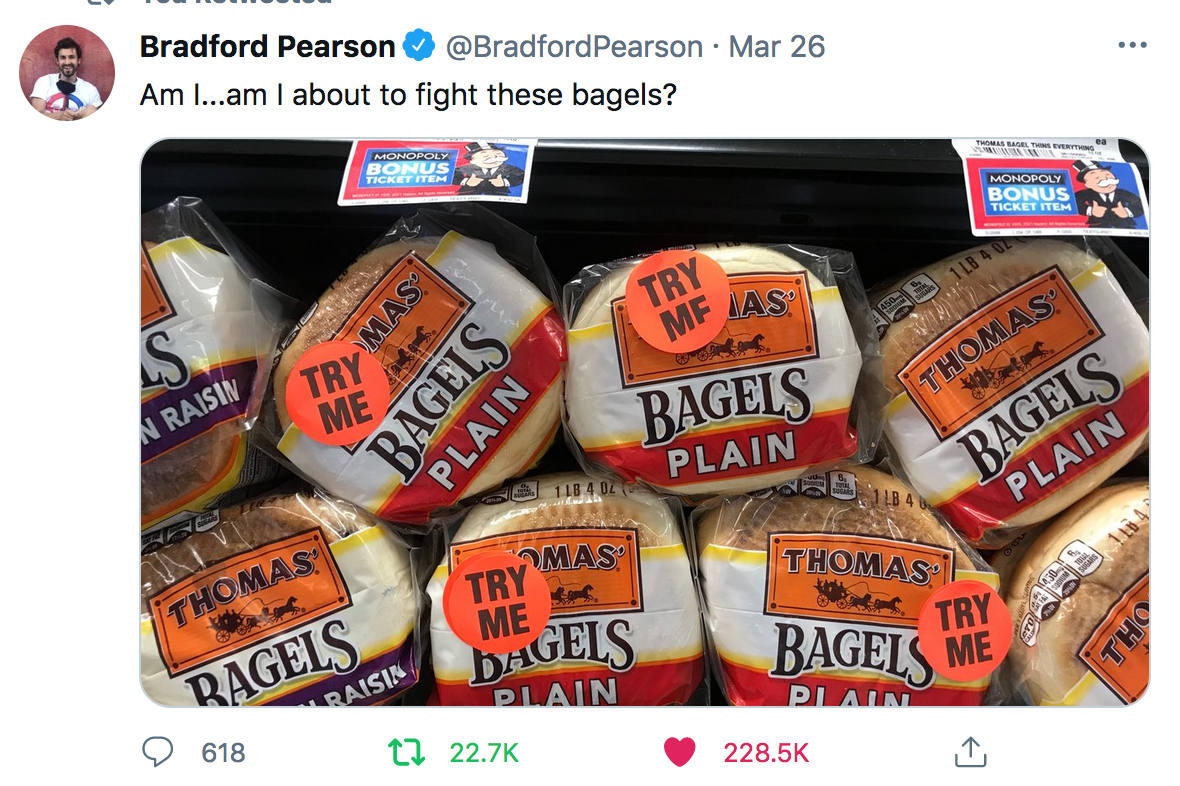
This course is designed to give CPGC Fellows the opportunity to invest time in preparing for their summer internships with the help of fellow students, CPGC staff and community educators. We will explore key concepts in local-global civic inquiry and social action, and think together about the meaning of our various pursuits of a more peaceful, just and sustainable world. These concepts are considered through the lens of the Philadelphia region and broader national and international partnerships at Haverford College, as well as . Our goals are to:
* Identify, analyze, and apply critical concepts for engaging fundamental issues of inequality and social justice.
** Critically reflect on the intersection of key concepts, institutions, and structures, and their relationship to one’s own identity and vocational and civic interests.
*** Identify and develop personal opportunities or ambitions for putting learning into action for greater ethical purposes.
* Identify, analyze, and apply critical concepts for engaging fundamental issues of inequality and social justice.
** Critically reflect on the intersection of key concepts, institutions, and structures, and their relationship to one’s own identity and vocational and civic interests.
*** Identify and develop personal opportunities or ambitions for putting learning into action for greater ethical purposes.
- المعلم: Emily Drummond
- المعلم: Janice Lion
- المعلم: Theresa Tensuan

This course will explore legal theories that underpin various legal systems in settler colonial states. We will study settler legal forms and Indigenous legal forms alongside each other, and think about what gives law power, how that power stays in place, and what law is supposed to be and do for those who are guided by it. By putting Indigenous and settler legal ways on equal footing, we may open up our thinking to new ways of envisioning a way forward, out of and beyond the history of colonial domination. Readings will include classics of settler/western legal theory and of various Indigenous traditions. Assignments will include papers, presentations, research, and moot courts where we make legal arguments in more than one tradition, to get a sense of what is at stake in different approaches to adjudicating conflict and harm. The aim is to undergo what happens when we study and learn these different approaches of law together rather than isolating them from each other. What does it become possible to think, to imagine, to do, that was not thinkable or do-able before?
- المعلم: Jill Stauffer
